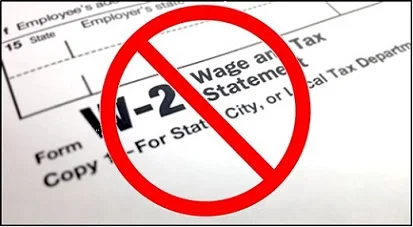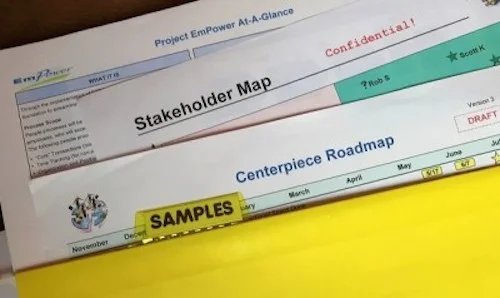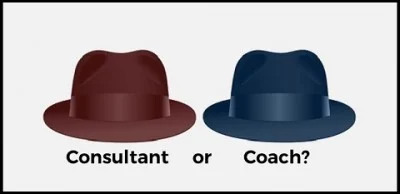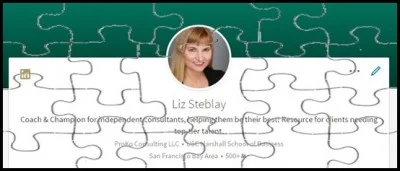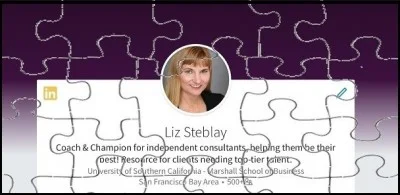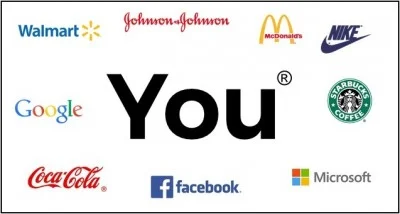How Diligent Biz Dev Led to a Six-Figure Consulting Project
/Recently I helped a consultant land a $420,000 consulting contract. That’s not a typo. It’s an 11-month project for one consultant: $320k in consulting fees and another $100k for travel expenses. I’ve excluded my company’s agency fee in these numbers; the actual budget was a bit larger.
Clearly this was a big win for the consultant. The client was pleased too since a global consulting firm working with his company quoted $660,000 for the same project. (See my related article, “Quote Your Rate with Confidence.”)
A project this big doesn’t just fall out of the sky. Why did the client contact me for help? The short answer: business development. The long answer: diligent business development that built a relationship over time. Rather than any one particular thing I did, it was simple actions over the course of five years. Those actions cultivated a trusting relationship with the client and, as a result, he was comfortable reaching out to me for help.
Read More






